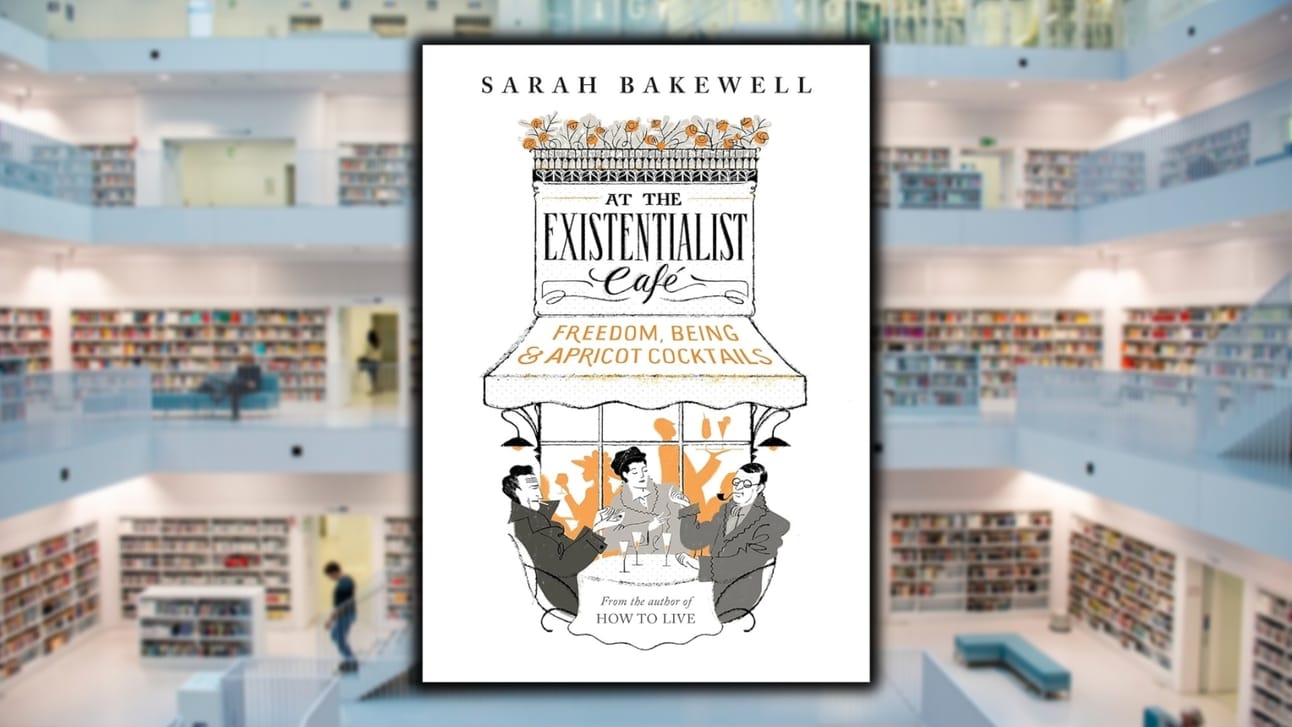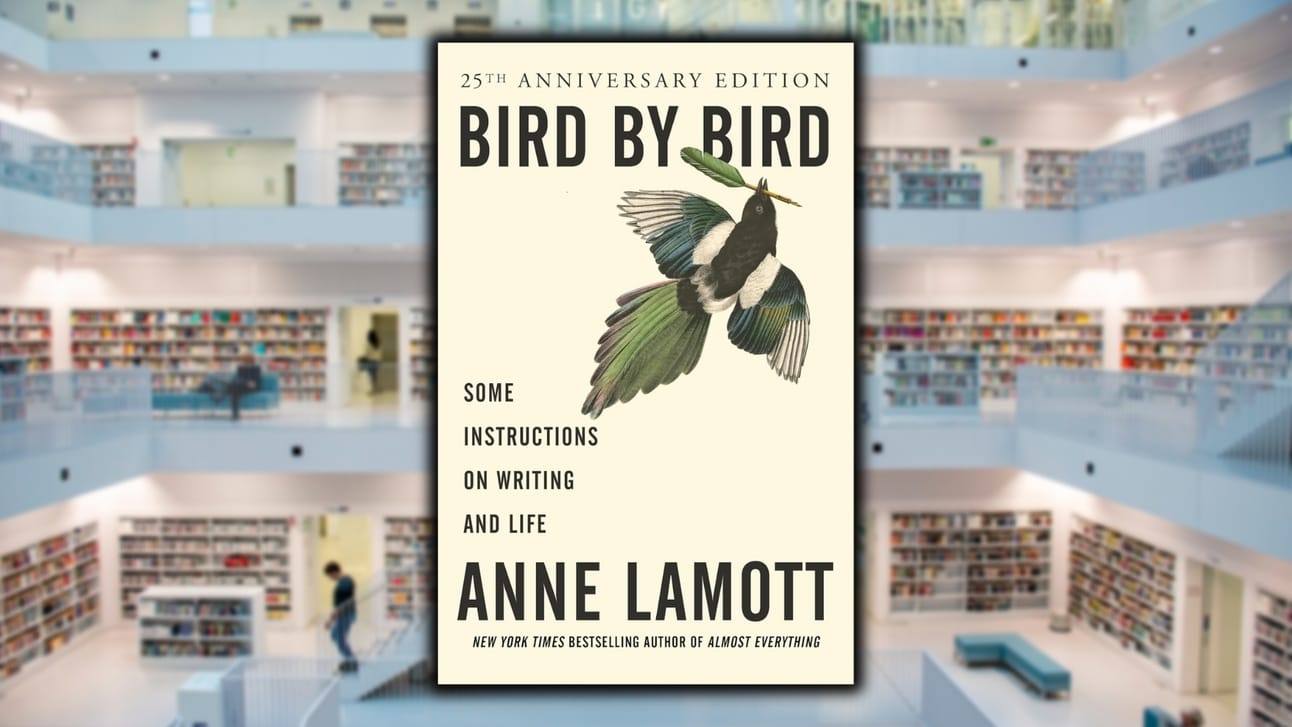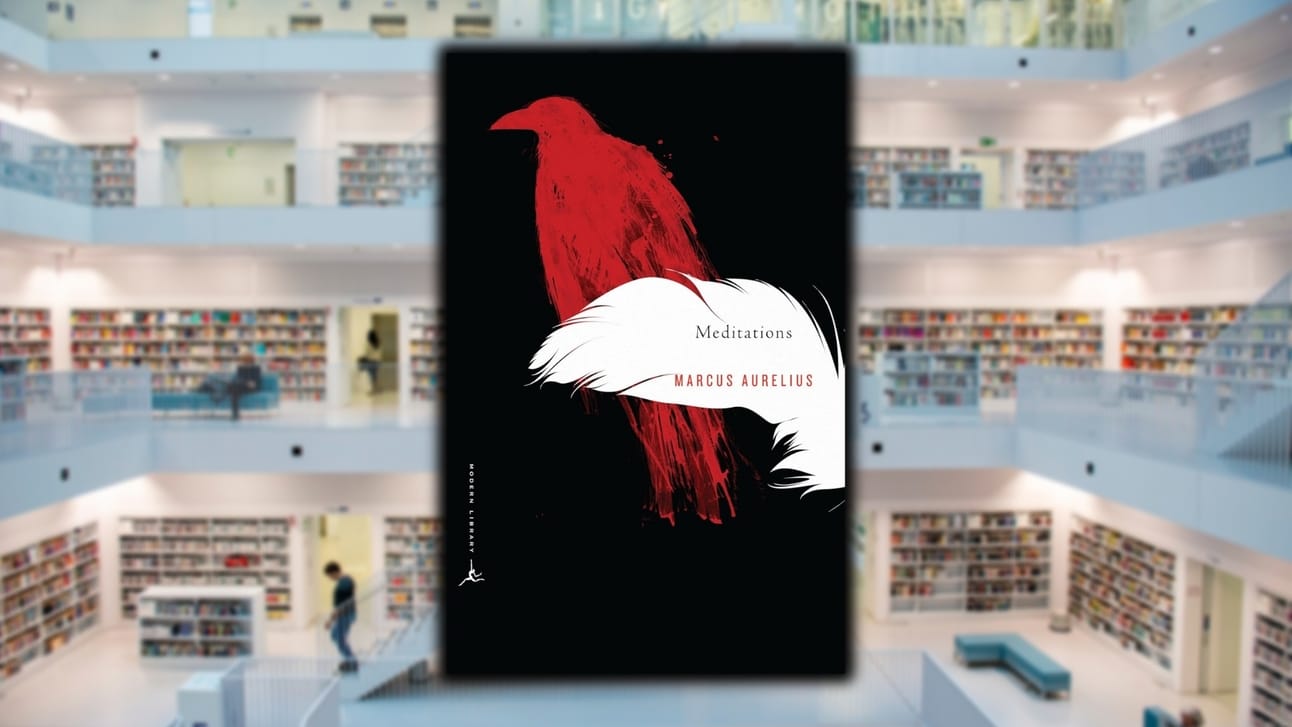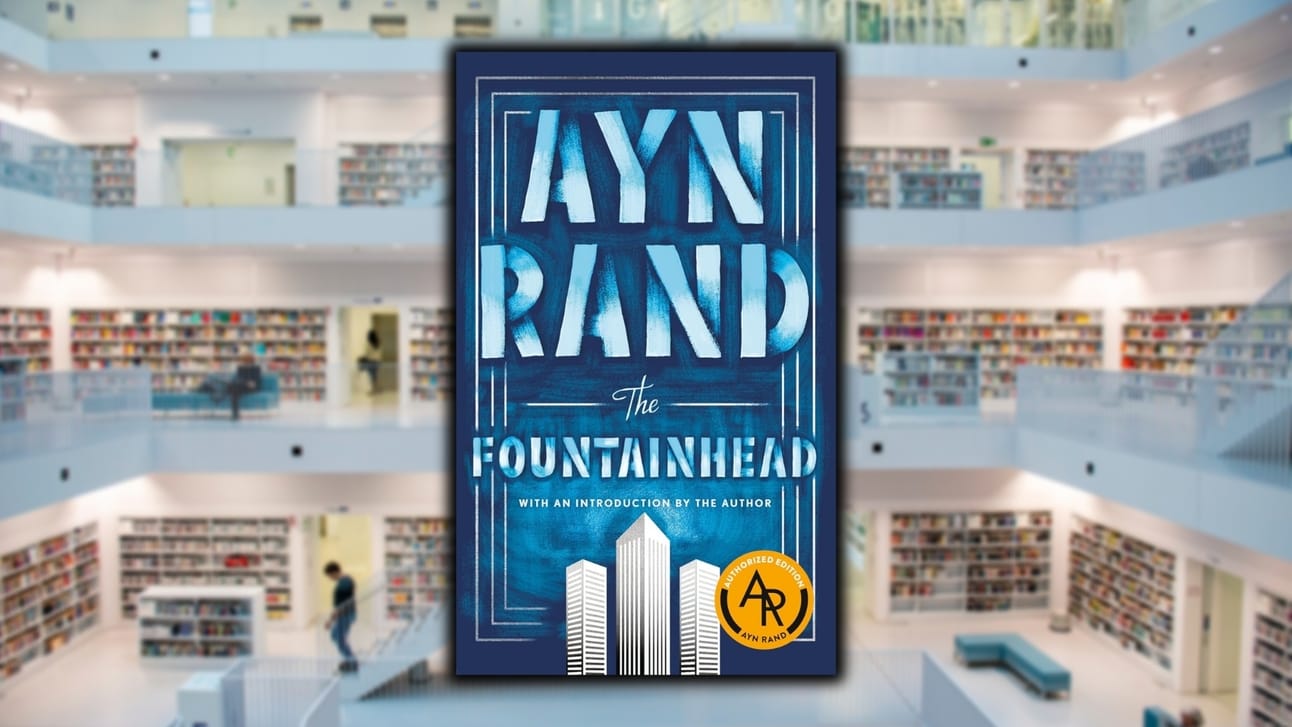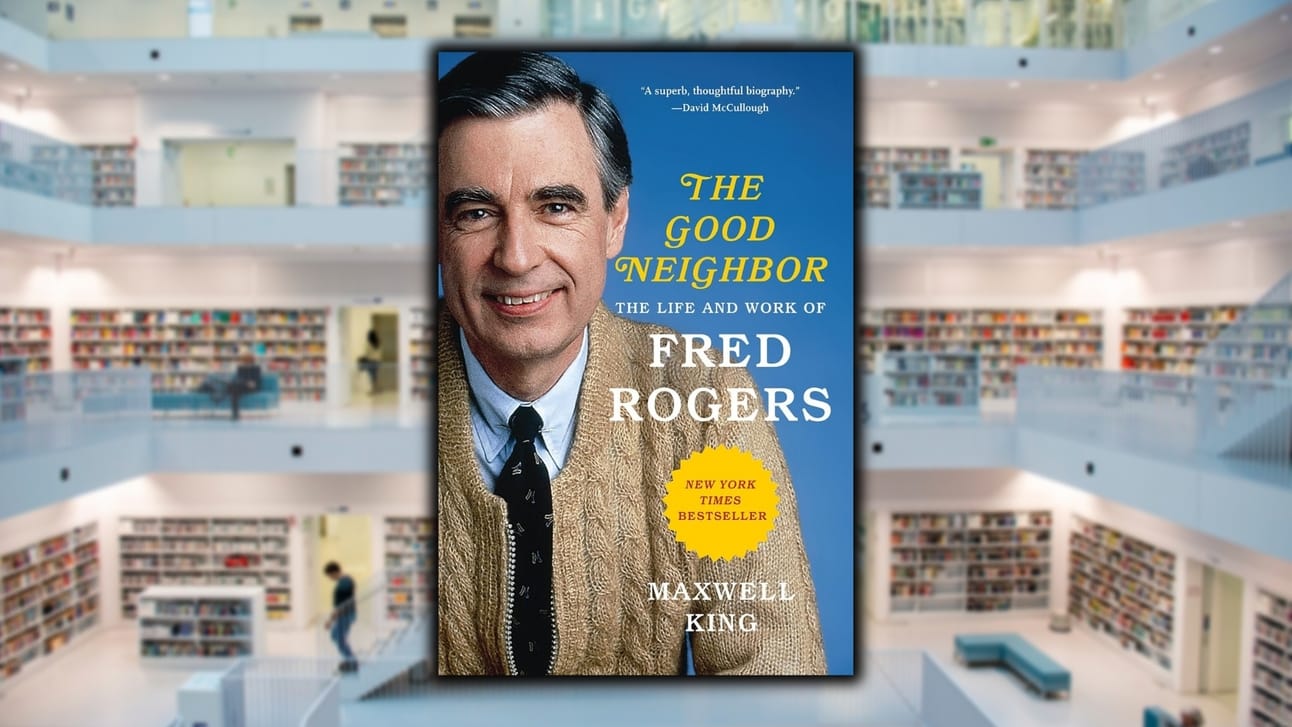Alright, so I haven’t quite reached 1,400 books yet, but I’m sooo close!
I’d be there by now if I just raced through them, but even though my goal is to read 10,000 books, I have no intention whatsoever of ripping through, say, War and Peace, just so I can check it off some list.
Don’t be one of those people :)
The perils of speed-reading notwithstanding, I had some additional difficulties drafting this list of “Best Books.”
It was sooo hard! There’s just a ridiculous number of amazing books out there, and in the end I just decided to list my ten favorites here in alphabetical order.
There were also a ton of books that I wanted to include but couldn’t! It was almost literally a 200-way tie for “Top Ten” haha.
Anyway…
I do want to list a few Honorable Mentions, books I couldn’t live with myself for not even mentioning here in this newsletter:
There are way more, obviously, but I do want to hit “Send” on this newsletter eventually.
Oh yeah…and I also turned 35 the other day! I celebrated with friends, family, and books, but I also took the time to record 35 (what I hope are helpful) messages to my younger self. Really, for anyone younger than me. Here they are, in my latest YouTube video.
And now, before our coffees get cold…let’s read!
Tonight, Inside The Reading Life, We’ve Got:
We’ve got lots to cover today, so let’s hit the books!
“What comes after death is futile, and what a long succession of days for whoever knows how to be alive!”
“Your business plan must be both emotional and logical. That’s why I want you to see which side you favor, and where you need to improve.
If you’re only logical, you have probably struggled to inspire people. With my approach, you will know what you need to change to accomplish that.
If you’re only emotional, you have struggled to develop systems and stay organized. This is why you’ll benefit from the structure of a methodical plan.”
Inside my private business mastermind, Creator Launch Academy, we’re tackling one nonfiction book per week and implementing its lessons inside our businesses.
This week’s book is Choose Your Enemies Wisely, by Patrick Bet-David, a great book about using your “enemies” (whether they know it or not) as extra fuel for driving your own success and significance. Click here to claim your free trial, and join our business book club for educational content creators!
After achieving my (somewhat meaningless) goal of reading 1,000 books before I turned 30, I set a new (also meaningless but cool) goal of reading 10,000 books. As of today, I’ve read 1,394 books, including 42 books so far this year, and if you’re interested, here’s my full Reading List.
“One must keep moving, and creating what will be; acting in the world and making a difference to it.”
Existentialism was one of my absolute favorite courses in university, where my professor, Samantha Copeland (I still remember!) had us read all these fantastic books by my then-new favorite philosophers…
People like Albert Camus, Jean-Paul Sartre, earlier proto-existentialists like Nietzsche, and so many others. It was a life-changing reading list, and Sarah Bakewell’s book is a brilliant survey of those philosophers’ lives, work, history, circumstances, and lasting impact.
Some people “grow out of” their youthful existentialist enthusiasms, but I never did, and I swear to you that I never will. Because I’ll never “grow out of” my love of life, my expansive personal ambitions, my explosive energy, or my commitment to squeezing every last bit of life out of my life.
I got a little carried away there and went two full paragraphs without summarizing what existentialism actually is. Well! I’ll dispense with boring dictionary definitions and just tell you that it’s a deeply-felt attitude toward life: it’s a strong, unshakeable inner conviction that life is worth living; it’s yours; and that you bear ultimate responsibility for living it.
Characterized by radical freedom, authentic being, and personal responsibility, it’s the definition of high-agency. There may be certain “facticities” of your existence - limits that shape the possibilities of your life - but you have unlimited freedom within those limits to make your life exactly what you want it to be. That’s existentialism.
Naturally there’s more to it than that, and Bakewell covers a lot of ground in her book.
Yes, despite the life-changing university experience that I had, never underestimate professors’ ability to turn a thrilling personal philosophy into dreadfully boring drudgery, citations, and footnotes. But this book is not that. It’s exciting, it’s alive, it’s…epic. And it may just turn you into something of an existentialist yourself!
"Seeing yourself in print is such an amazing concept: you can get so much attention without having to actually show up somewhere. We get to stay home and still be public. There are many obvious advantages to this. You don't have to dress up, for instance, and you can't hear them boo you right away."
This is one of my all-time favorite books about writing, and I don’t think I’ve ever laughed out loud more often than I did while reading it, with the possible exception of the work of David Foster Wallace.
To answer the most pressing question, “Why is it called Bird by Bird?” here’s the passage where the title comes from:
“Thirty years ago my older brother, who was ten years old at the time, was trying to get a report on birds written that he’d had three months to write. It was due the next day.
We were out at our family cabin in Bolinas, and he was at the kitchen table close to tears, surrounded by binder paper and pencils and unopened books on birds, immobilized by the hugeness of the task ahead.
Then my father sat down beside him, put his arm around my brother’s shoulder, and said, ‘Bird by bird, buddy. Just take it bird by bird.’”
There’s so much incredible stuff in here, it’s just an inexhaustible well of wisdom, creativity, and motivation for making the craft of writing your life’s work. And now, of course, I recommend it all the time.
I have more than eight pages of notes on everything from the advantages and pitfalls of actually getting published, to the more technical considerations of character, plot, and voice, all the way through to what books are actually for, and why any otherwise sane person would want to dedicate their life to writing them.
I honestly can’t say enough wonderful things about this book, and as far as I’m concerned it’s an absolutely essential book “on writing,” right up there with On Writing, by Stephen King, and The Writing Life, by Annie Dillard, among others.
Just like a really fantastic novel, I keep coming back to it, again and again, and every time I do, I come back richer and wiser than before, in all sorts of wonderful ways.
“The problem in our country isn't with books being banned, but with people no longer reading. You don't have to burn books to destroy a culture. Just get people to stop reading them.”
Just like with other formative books that I’ve read, I remember exactly where I was when I first read this one, and it’s been top of mind for me ever since whenever people ask for a fiction book recommendation, or something that could “get them into reading.”
The basic storyline is that, in the future, all books are banned, and instead of fighting fires, firemen burn books. The main character, Guy Montag, is one such fireman, who unconsciously enjoys his work (“It was a pleasure to burn”) until one day, he starts reading one of the banned books, and finds that he develops a taste for it.
Since it’s illegal even to possess a book, much less read the damn things, Montag has to keep this double life a secret, developing in feeling, consciousness, and intellect while pretending to be illiterate and hiding his newfound inner life from the fire chief, Captain Beatty, who seems suspiciously well-read for someone so devoted to burning and destroying the collective wisdom of humanity.
One woman in the novel is even burned alive with her books when she refuses to give them up, prompting Montag to ask himself what it is in books that could make someone do that. Why would she stay? What am I missing?
I, for one, know exactly how that woman felt, and Ray Bradbury says so many things about reading in Fahrenheit 451 that I wanted to say about reading but didn’t know how. He gave me the words for what reading, books, and literature have added to my life - have done for me - and I wouldn’t give up my books without a fucking fight either.
“At some point you have to recognize what world it is that you belong to; what power rules it and from what source you spring; that there is a limit to the time assigned you, and if you don't use it to free yourself it will be gone and will never return.”
Ryan Holiday has read this book more than a hundred times, and I can absolutely see why. I’ve only read it twice, but whenever I come back to my notes (which is often), I’m struck again and again by its power and force. The term “life-changing” is thrown around a lot on the internet, but this book is literally life-changing.
Meditations was originally kept as a private journal by the Roman Emperor Marcus Aurelius, who never intended to publish it. But as will become clear as you read through my notes, the entire world has been strengthened and improved because it was published.
Marcus Aurelius was the last of the “Five Good Emperors,” and he’s also considered (rightly) to be one of the most important Stoic philosophers, right up there with Seneca and Epictetus. Those are the three that come to my mind anyway whenever I think of Stoicism.
Meditations is even more astonishing when you think of the time period Marcus lived through, which was characterized by constant wars, invasions, plagues, revolts, struggles…just on and on, and Marcus’s book is his impeccably honest attempt to understand himself and make sense of the universe with all this going on around him.
I honestly can’t recommend this book highly enough, and I can’t even imagine a world without it. To think that it was almost lost to the endless abyss of time is unfathomable to me, and I’m just extraordinarily grateful every time I think about it that it wasn’t.
“I imagine many people could have achieved wisdom if they had not imagined they had already achieved it.”
As far as moral essays go, this one from the ancient Roman statesman Seneca is one of my favorites. Written in 49CE, it’s addressed to his father-in-law Paulinus, whom he advises about how to expand time, prevent it from being squandered on nonsense, and use it in the best way we can.
I read this book in 2015, and since then, I’ve probably taken about 5 full years of my life back due to taking Seneca’s advice and rejecting everything that diminishes the value of my time, and placing my focus squarely on where I’m able to experience true fulfillment and purpose.
Spoiler Alert: It’s NOT where modern society keeps dragging your focus back to.
Nothing against society - I love society! - but it’s not set up to help you be happy or fulfilled in any way. Pretty much the opposite, in fact.
You’re born and bred to keep the system going: pay attention, get good grades, get into a good school, pay hundreds of thousands of dollars in student loans, hundreds of thousands more to experience “the dream of home ownership,” etc. Again, nothing against education or owning your own house. It’s just that these things are expensive; in money, yes, but also in time. And society’s answer doesn’t have to be your own.
What Thoreau said is true: the price of anything is the amount of life you’re required to exchange for it, and so you can think of On the Shortness of Life as a collection of Seneca’s best arguments against trading your life away for trivialities.
It’ll teach you the true value of time, how little we actually need to acquire and possess in order to experience peace of mind, and how you can defend yourself against the priorities of those who would steal your most important possession and give you back something infinitely less valuable in return.
“The self-image sets the boundaries of individual accomplishment. It defines what you can and cannot do. Expand the self-image and you expand the ‘area of the possible.’ The development of an adequate, realistic self-image will seem to imbue the individual with new capabilities, new talents, and literally turn failure into success.”
A big claim that’s made in this book is that it’s almost literally impossible to act differently than our self-image of ourselves. Or rather, it’s possible, but we experience extreme cognitive dissonance – mental discomfort – when we do.
This has proven itself over and over again in my own life, and it resonates with some of the best advice I’ve ever received from Tony Robbins, which is to raise your standards.
We get what we tolerate in life, and if your standards are low to the ground, your life will never take off. Similarly, if our self-image is that of an unmotivated, lazy underachiever, that’s exactly the kind of life we’re going to end up living. Now, if you don’t want that kind of life for yourself, this book can help.
It's a multimillion-copy bestseller that explores the concept of “emotional surgery,” or uncovering more of what we unconsciously believe about ourselves and to reprogram our own minds for success.
I never like to oversell these claims, because proponents of books like these tend to promise the world – the whole world and everything in four easy steps, or whatever. This isn’t that.
Just like with anything, you get out what you put in, and the work you do on yourself is the work of a lifetime.
There’s so much gold here in this book, and any number of my notes on this book have the power to change a person’s life, but it has to be applied, and it has to be lived.
“By what conceivable right can anyone demand that a human being exist for anything but for his own joy?”
There aren't many writers who inspire such strong feelings in readers - either of fierce admiration or antipathy - as Ayn Rand does. Architects, libertarians, business owners, and individualists love her to death, and plenty of people find her philosophy absolutely abhorrent, but one thing she will not be is ignored.
However, if you feel as though there is something special in human beings, some potential, some higher purpose to our existence than simply going along to get along - some higher value than mere safety and conformity - The Fountainhead is likely to speak to you as well.
The novel's protagonist, Howard Roark, is Rand's conception of an "ideal man," an architect (in every sense of that word) who refuses to compromise on the clear vision he maintains in his mind concerning his life, his work, and his values, which, for him, ultimately amount to the same thing.
It's the story of a supremely strong-willed "Self" being fully what he is, and his struggle against the collectivism of his contemporaries: a category of "soft-willed" people that Ayn Rand refers to as "second-handers."
The book has sold more than 9,000,000 copies since its initial publication and while it's not a "perfect" book by any means, its portrayal of the strong individual against the fearful collective, "the struggle for integrity of Roark's creative work against every form of social opposition," and the need for an unshakeable vision by which to orient one's life makes it an absolutely transformative book for the right person at the right time.
Maybe the "right time" to read The Fountainhead is when you're young, when you still believe that you can take on the world and win, before you allow the natural (but not inevitable) calcification of old age to set in and you lose your will to fight. That is to say, you should read this book before it's too late.
“For Fred Rogers, it was always this way when he was with children, in person or on his hugely influential program. Every weekday, this soft-spoken man talked directly into the camera to address his television ‘neighbors’ in the audience as he changed from his street clothes into his iconic cardigan and sneakers.
Children responded so powerfully, so completely, to Rogers that everything else in their world seemed to fall away as he sang, ‘It’s a beautiful day in the neighborhood.’ Then his preschool-age fans knew that he was fully engaged as Mister Rogers, their adult friend who valued his viewers ‘just the way you are.’”
Children can always spot a fraud; they know when someone’s not being authentic or when they’re different from who they claim to be – which is evidence that Mister Rogers was the real deal. He was one of the most inspiring early childhood educators ever, and he saw the best in kids, which made it possible for them to bring out the best in themselves.
I absolutely loved every page of this biography of Mister Rogers and it’s now one of my favorite books that I’ve ever read, but it also made me a better educator myself. That’s what I am – an educator – and while my audience is a little bit older, I want to be one of the “good guys” just like Mister Rogers was, and I want my little corner of the internet to be as wonderful as his Neighborhood.
There are astonishing stories on nearly every page of this book, such as when the TV station held an event where children could come and meet Mister Rogers – thousands of kids showed up, lining up for miles and blocking the street like it was a college football game or something.
But no matter how long the line was, he would get down on one knee, look each kid in the eye and make sure they knew that they mattered. He took kids and their questions seriously, he made a massive effort to give them the best possible start in life, and I just…I just want to be like him!
It’s funny: you keep reading page after page of this book and you’re like, “There has to be like some sort of scandal, a dark corner of his life, some secrets…” but no; Mister Rogers was exactly who he said he was, and though there may not be angels, there are people who may as well be angels – that was him.
When you offer that kind of unconditional love and support to children, every single morning on his television show for more than 30 years, the kids are going to grow up just fine.
When you read the comments on some of the recent Mister Rogers YouTube tribute videos it’s all there. You have thousands and thousands of positive comments – never negative ones – with people saying things like, “My childhood was a fucking nightmare; Mister Rogers was the only adult who ever told me I was worth anything,” and stuff like that. It’s honestly amazing, and more than a little bit sad.
As you can probably tell, I highly, highly, HIGHLY recommend this book to pretty much everyone, and I’ve been thinking about it almost every single day since I read it.
His story is surprising, sad, exciting, inspiring – everything you wouldn’t expect from that nice man in the cardigan that used to show up every morning and tell you that he loved you just the way you are.
“Obviously, freedom is not simply being allowed to do what you like; it is intensity of will, and it appears under any circumstances that limit man and arouse his will to more life."
If ordinary life usually seems a bit...well, ordinary...it may be because the way most human beings live their lives can be compared to an extraordinarily powerful jet airplane flying on only one engine. That's Colin Wilson's basic contention in The Outsider, where he outlines his fundamentally optimistic philosophy of New Existentialism.
It's meant to contrast with the "old" existentialism of philosophers such as Albert Camus, Jean-Paul Sartre, Martin Heidegger, and others for whom the universe is a rather cold, dreary, abysmal place.
While they wrote about futility, "Being-towards-death," the absurd, and the inevitability of suffering, it was always Colin Wilson's contention that there is a deeper, more meaningful, and vibrant dimension to life that all human beings have access to if only they would put forth the proper effort.
I usually avoid using the words "most people," because I don't know "most people." However, it's a safe assumption that most people are nowhere even close to reaching their full potential or to living as deeply and intensely as they could be living if they tried.
Most people just "coast" on one engine, never even realizing that they are much more powerful than they've ever imagined.
Human beings, according to Wilson, possess a "visionary capacity" that, if they could only tap into it, would allow them to say "Yes" to life, in spite of everything. He doesn't deny the existence of suffering and the harshness of life, but in this book, he examines the lives of individuals he called "Outsiders," who were able to come closest to realizing this ultimately optimistic view of life and the universe.
Wilson exploded onto the literary scene with this book, which came out in 1956 to massive acclaim. It's never been out of print since then, and it's been translated into more than thirty languages.
What's more, is that he was only 24 years old when he wrote it! After publishing The Outsider, he went on to write more than 100 books, including six others which, along with The Outsider, comprise the "Outsider Cycle," a fuller representation of the ideas first proposed here.
The Outsider can be thought of as a survey of some of the most profound responses to urgent questions about existence, meaning in life, and how to confront death.
Wilson explores the lives of key literary and cultural figures such as Hermann Hesse, Fyodor Dostoyevsky, T.E. Lawrence, Vincent van Gogh, H.G. Wells, George Gurdjieff, and a multitude of others, discussing their effects on society, and society's effects on them.
I just happened upon this book one time – I had never heard of it before – and thought it looked interesting, given that he references philosophers and writers I enjoyed reading, such as Kierkegaard, Camus, Dostoyevsky, etc. I had no idea that it would completely change my life forever after and would radically alter how I lived out each day of my one and only life.
“I learned this, at least, by my experiment: that if one advances confidently in the direction of his dreams, and endeavors to live the life which he has imagined, he will meet with a success unexpected in common hours.”
Published in 1854, it's the nonfiction account of the time when American transcendentalist author Henry David Thoreau built his own cabin in the woods at Walden Pond and lived there by himself for two years.
It’s about the calming, reorienting power of solitude, about the transformative power of great books, and it’s about how to leave society once in a while so that you can be better prepared to return to it.
We often get caught up in our cares, concerns, and Twitter feeds, and all these demands on our attention tend to crowd out that inner voice we all need to listen to once in a while if we are ever to understand our own lives or what we want them to be about.
I doubt there are too many people in North America today who would be able to live by themselves in the woods for two years, but I’m sure that most of them would be much better off for doing it.
There are some truly profound and memorable observations scattered throughout these pages, and like I said, this book just completely took me over when I first read it in 2015.
You don’t have to move to the woods like Thoreau did in order to become a real person and reconnect with your authentic voice, but it sure as hell helps.
Forward this to a friend you think would love this book!
If you were sent this newsletter, click here to subscribe.
To read past editions of The Reading Life, click here.
Click here to recommend The Reading Life on Twitter (X).
OK, that’s it for now…
I’ve got plenty more excellent book recommendations coming your way soon though!
There’s also my YouTube channel, where I publish book reviews, reading updates, and more each week.
And if you want to learn how I’ve built an audience of 160,000+ followers across social media, became a full-time creator, and how I’m rapidly growing my audience and my profits in 2025, join us inside Creator Launch Academy and that’s exactly what I’ll teach you — we’d love to have you in the community!
With that said, I hope you enjoyed this edition of The Reading Life, and enjoy the rest of your day!
Until next time…happy reading!
All the best,
Matt Karamazov
P.S. Whenever you're ready, here are two more ways I can help you:
Educational Content Creators: Book a 1:1 call and I’ll help you hit $5K/month with a plan tailored to your business.
Join Creator Launch Academy, my private business mastermind for educational content creators building real revenue and real freedom.









